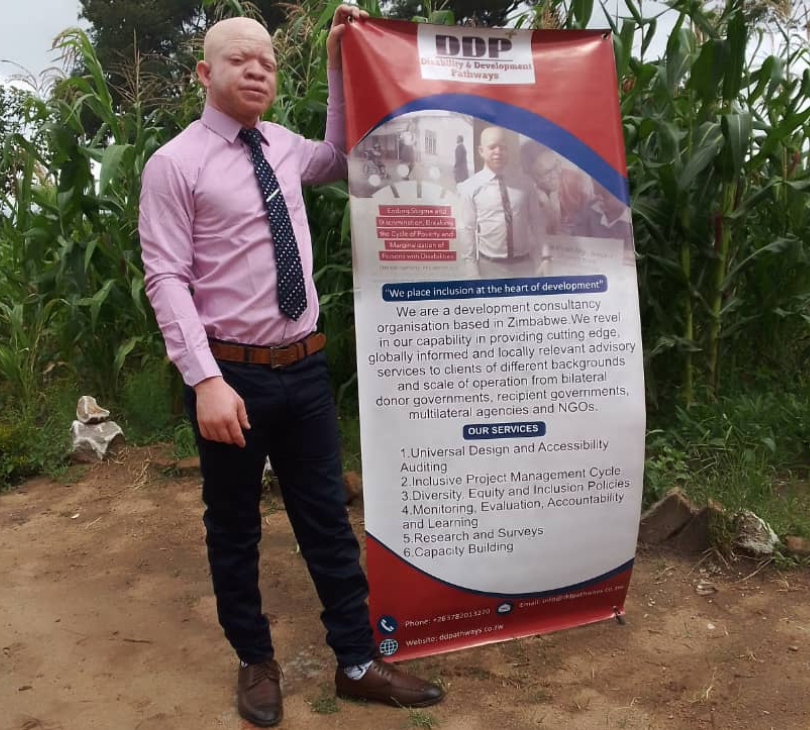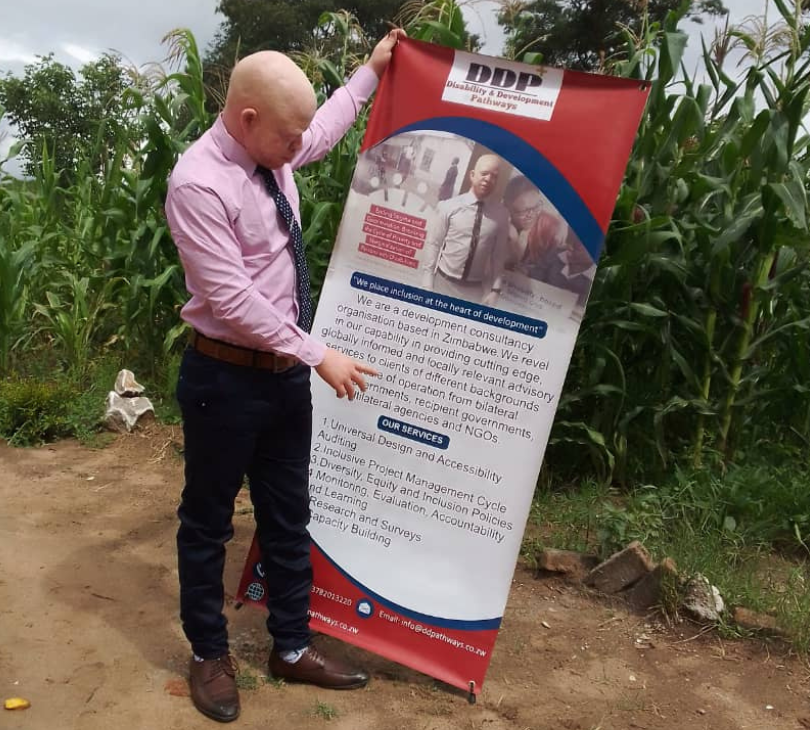Disability Inclusion Audit - Improving Food Productivity And Market
Linkages Project (IFPMLP) - (26 Mar - 30 Apr 2024)
Country: Zimbabwe
Client Organisation: Action On Poverty
BACKGROUND
Action on Poverty (AOP) in partnership with the Community Technology Development Organization (C.T.D.O), initiated the second phase of the Improving Food Productivity and Market Linkages Project (IFPMLP) in 2020. The project is funded by the Australian NGO Cooperation Program (ANCP) program and is being implemented in three(3) wards of Mutoko District (Ward 14, 15, 17).
OBJECTIVES
DELIVERABLES
Staff Capacity Strengthening – Resource Mobilisation
Training (25 Feb – 07 Mar 2024)
Country: Zimbabwe
Client Organisation: The Ability in Disability Trust (TAD)
BACKGROUND
DDP was contracted by TAD to conduct a training on resource mobilisation for staff. Resource mobilisation is critical to any organisation. Organisational sustainability is hinged on the ability to mobilise resources. Thus, it is both the engine and the oil of any organisation. It is against this background that TAD as a growing NGOs has to improve the capacity of staff on resource mobilisation.
OBJECTIVES
The overall objective was to strengthen the capacity of staff on resource mobilisation including proposal development, donor engagement etc.
ACTIVITIES
Developing training materials, conducting a 2-day physical training on resource mobilisation.
Development Of A Policy Brief On Access To ICT By Persons With
Disabilities In Zimbabwe (28 Jan - 14 Feb 2024)
Country: Zimbabwe
Client Organisation: Signs Of Hope Zimbabwe Trust
BACKGROUND
Our existence in a digital era cannot be ignored. Information and Communication Technologies (ICTs) are evolving and are fast claiming the center stage in how we learn, work, socialize, and access services (including public services). It is evident in this era that ICTs are no longer a luxury but are essential in our daily lives, and are key enablers to the realization of human rights. Sadly, the "Disability Digital Divide" is apparent. There are more than 1 billion population who live with a form of disability are in one way or another side-lined and relegated to the peripheries of the current digital economies.
Barriers to ICT accessibility by persons with disabilities in Zimbabwe are persistent. Policy, attitudinal, geographical, and institutional barriers hinder persons with disabilities from accessing ICTs on an equal basis with others. Furthermore, the lack of data to in form key processes in the improvement of access and development of new technologies makes it increasingly difficult to include persons with disabilities in this fast-paced digital era. It is against this background that Signs of Hope Trust and the CIPESA have commissioned the research to track the extent to which persons with disabilities have access to ICTs.
The study will be critical in informing stakeholders on the extent to which the Zimbabwean landscape is enabling access to ICTs by persons with disabilities in the five domains of Legal and Regulatory Framework, Public Access, Mobile Communication Accessibility, TV and Video Programming Accessibility, and Web Accessibility
OBJECTIVES
The overall objective of the project was to develop a policy brief on access to ICT by persons with disabilities in Zimbabwe using the Framework of Indicators developed by the Center for Inclusive Policies in East and Southern Africa (CIPESA).
ACTIVITIES
Developing a survey tool from the CIPESA Framework of Indicators, training of enumerators, conducting a 2-day Policy Lab Workshop, developing the brief.
PUBLICATIONS
Policy Brief on Access to ICT by Persons with Disabilities in Zimbabwe.
Leadership Training for Zimbabwe Power Company (ZPC)
Managerial Employees October 2023
Country: Zimbabwe
Organisation: Zimbabwe Power Company (ZPC)
DDP was contracted to conduct a leadership training for Zimbabwe Power Company Managerial Staff. The assignment included the development of training materials and modules on leadership. Areas covered include success through goal setting, delegation for maximum productivity, emotional intelligence, and building leadership resilience. A 2-day training was conducted at ZESA National Training Centre from 5 to 6 October 2023
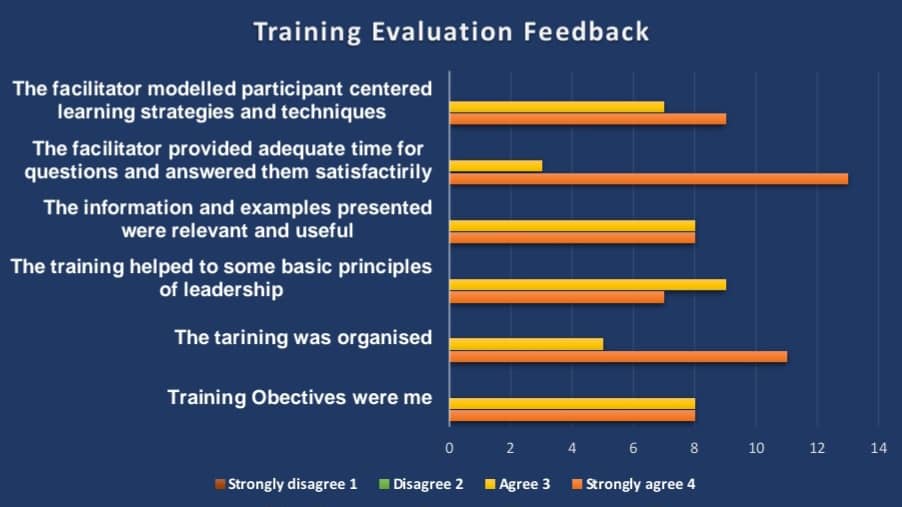
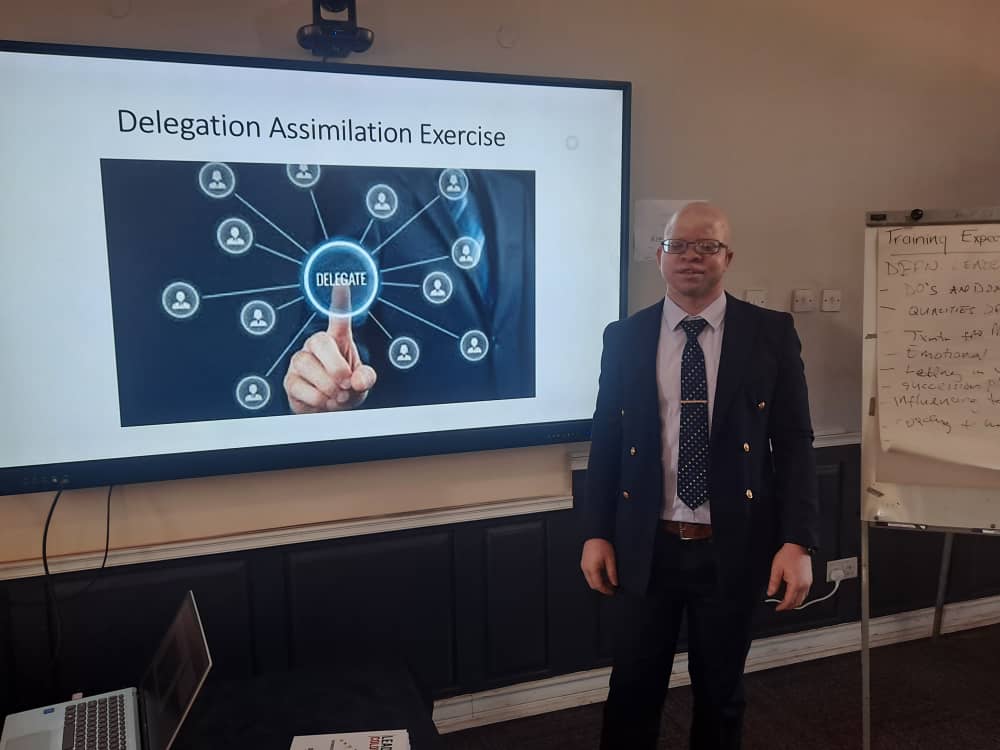
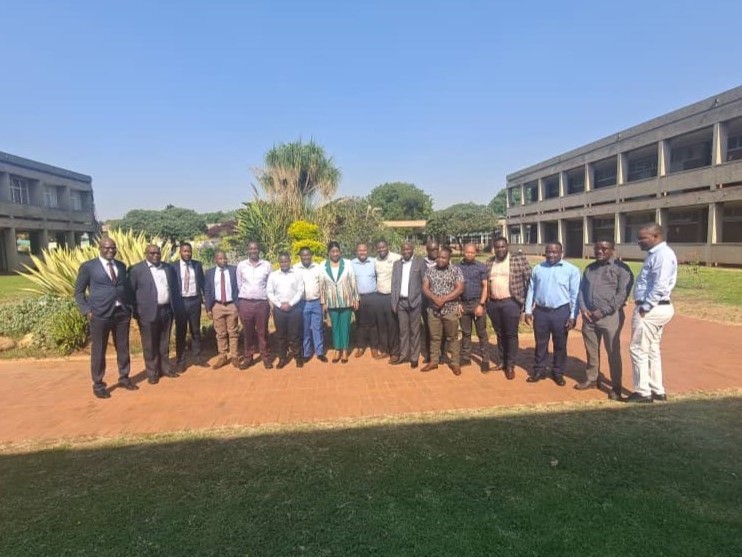
Gender And Disability Inclusion Training (21-24 May 2023)
Country: Zimbabwe
Organisation: Caritas
DDP was contracted to conduct a training on Caritas ZICD program staff with skills on programmingwhich is sensitive to both gender and disability. This included the development of training materials inthegiven thematic areas.
BACKGROUND
Caritas Gokwe is the Social and Development arm of the Catholic Church in the Catholic Diocese of Gokwe. As such, Caritas Gokwe implements a number of Development programsinthe community. One of the key programs under implementation is the Zimbabwe IntegratedCommunity Development Program (ZICDP) which is funded by Caritas Australia. The programhas 4 objectives namely:
The purpose of the intended training was to capacitate ZICD program staff with skill on programmingwhich is sensitive to both gender and disability. While gender and disability are usually taken as crosscutting issues in programming, the training equiped Caritas staff and partners with skills to be moresensitive to gender and disability in the program design stage, the implementation and the evaluationstages.
TRAINING AREAS OF FOCUS
PLANNED OUTCOMES
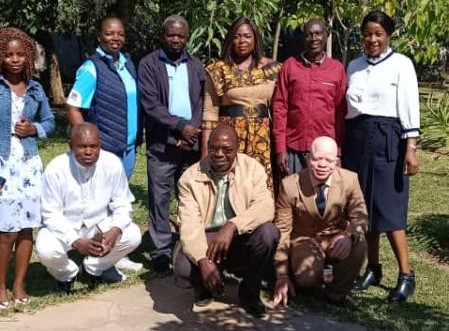
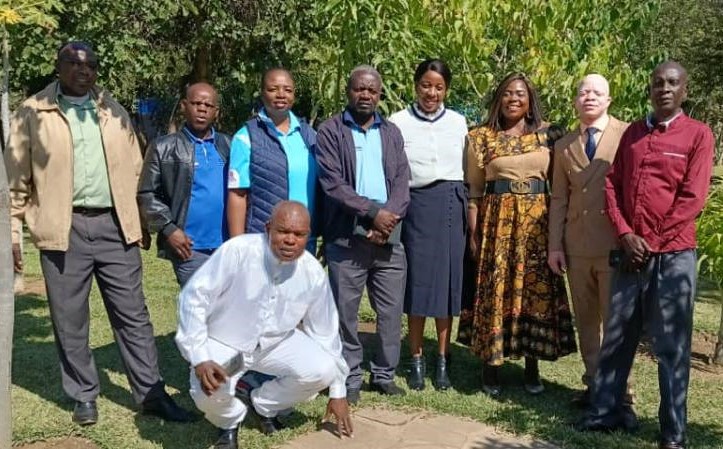
NOREC 2022 Diversity & Inclusion In The Student Movement Training
Location: Zimbabwe
Facilitated a Diversity and Inclusion Training for Youth Empowerment and Transformation Trust (YETT) Zimbabwe, under the 2022 Students’ Rights, Academic Freedom and Equitable Higher Education (Norec N x S) program. host a student-centered workshop on ‘Diversity and Inclusion in the Student Movement’. This initiative was being run under the 2022 NOREC Project and aimed to strengthen knowledge and interest for raising awareness of inclusive education rights, especially as they relate to the empowerment of marginalized students and successful engagement with constituencies among partners, members and stakeholders affiliated with YETT and the Student Academic Freedom Regional Advocacy Program (SAFRAP 2.0).
Objectives:
Development of a YETT Diversity & Inclusion Policy Nov-Dec 2022
Location: Zimbabwe
Leading the development of a comprehensive Diversity and Inclusion Policy which will better place YETT to address the needs of its staff and diverse youth constituency, and allow us to be ‘fit for purpose’.
The overall objectives of the Development of a Diversity and Inclusion Policy for YETT are to:
Shadow report on the UNCRPD implementation in Zimbabwe (Jan - Feb 2023)
Client: FODPZ and CBM
Conducting consultations on the implementation of the UNCRPD in Zimbabwe, with a view to submitting a parallel/shadow report that contains:
Zimbabwe ratified the United Nations Convention on the Rights of Persons with Disabilities (UNCRPD) in September of 2013 and according to 35 (1) State Parties shall submit, to the Committee of the UNCRPD, an initial comprehensive report on measures taken to give effect to its obligations under the Convention within two years of ratification. Furthermore, Article sub section 5 states that reports may indicate factors and difficulties affecting the degree of fulfilment of State Party obligations. Thereafter, States Parties are meant to submit subsequent reports at least every four years or whenever the Committee so requests as stipulated in sub section 2 of Article 35. Zimbabwe only submitted its initial report in July 2022.
In its 11th session, the Committee highlighted that it places great value in the participation and contribution from disabled persons organizations (DPOs) and civil society organizations (CSOs), including organizations representing women and children with disabilities. It is with this background that the Federation of Organizations of Disabled People in Zimbabwe (FODPZ) and the Christian Blind Mission (CBM) are conducting consultations on the implementation of the UNCRPD in Zimbabwe, with a view to submitting a parallel/shadow report that contains: (a) what the Government of Zimbabwe (GoZ) has or has not put into practice; (b) areas for improvement; and (c) proposed recommendations.
